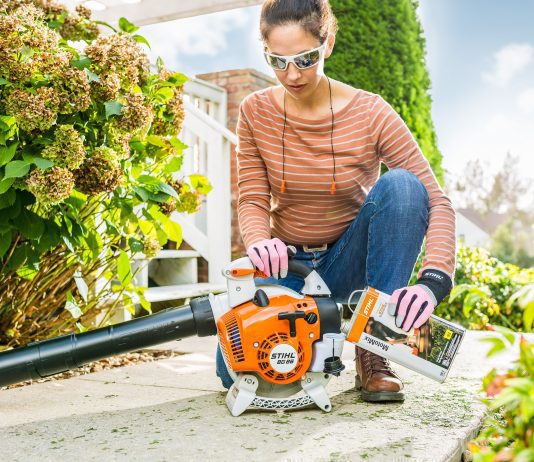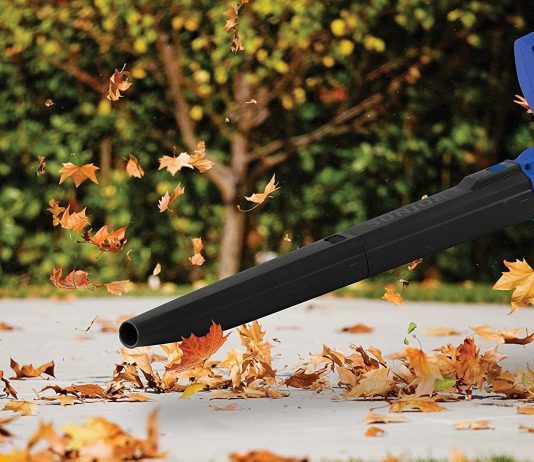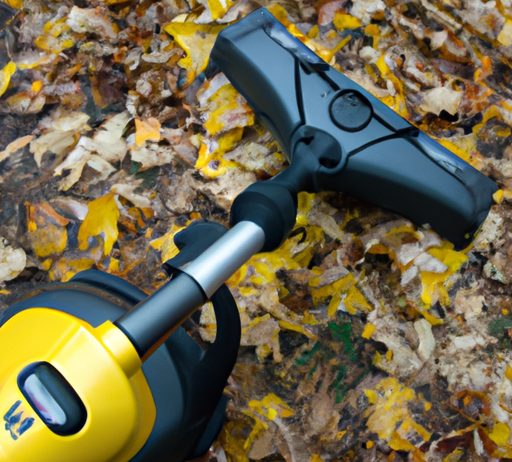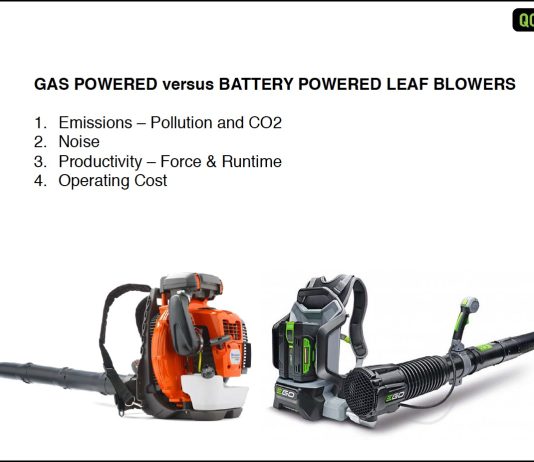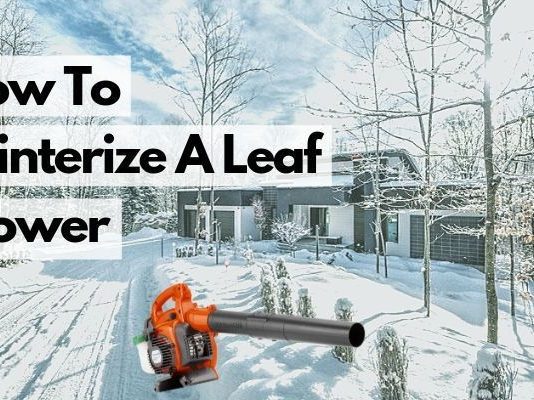Discover the benefits and considerations of using a leaf blower to clean your garage. Save time and energy while efficiently removing debris. Find out how to prepare, avoid mistakes, and explore alternative methods.
Are there leaf blowers with vacuuming capabilities? Discover the wonders of these versatile tools that not only blow leaves but also vacuum them up. Read more!
Why Do People Hate Leaf Blowers? Explore the reasons behind the animosity towards leaf blowers, from noise pollution to environmental concerns.
Learn how to fix a leaf blower that is leaking gas with our step-by-step guide. Discover the possible causes of gas leaks and the tools you'll need.
Are leaf blowers a nuisance? This article explores the debate, weighing their benefits against potential drawbacks. Find out if they are essential or bothersome.
Learn how to properly store your leaf blower in winter to maintain its performance and prolong its lifespan. Discover tips and tricks for cleaning, inspecting, and preparing your leaf blower for storage. Find out how to choose the right storage location and secure the blower's components. Ensure your leaf blower is ready for another season of leaf-blowing by following these winter storage tips.


